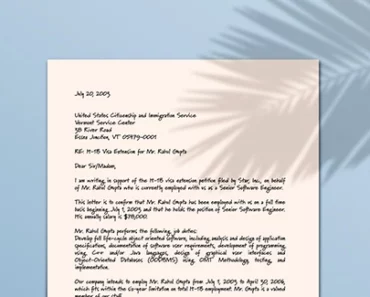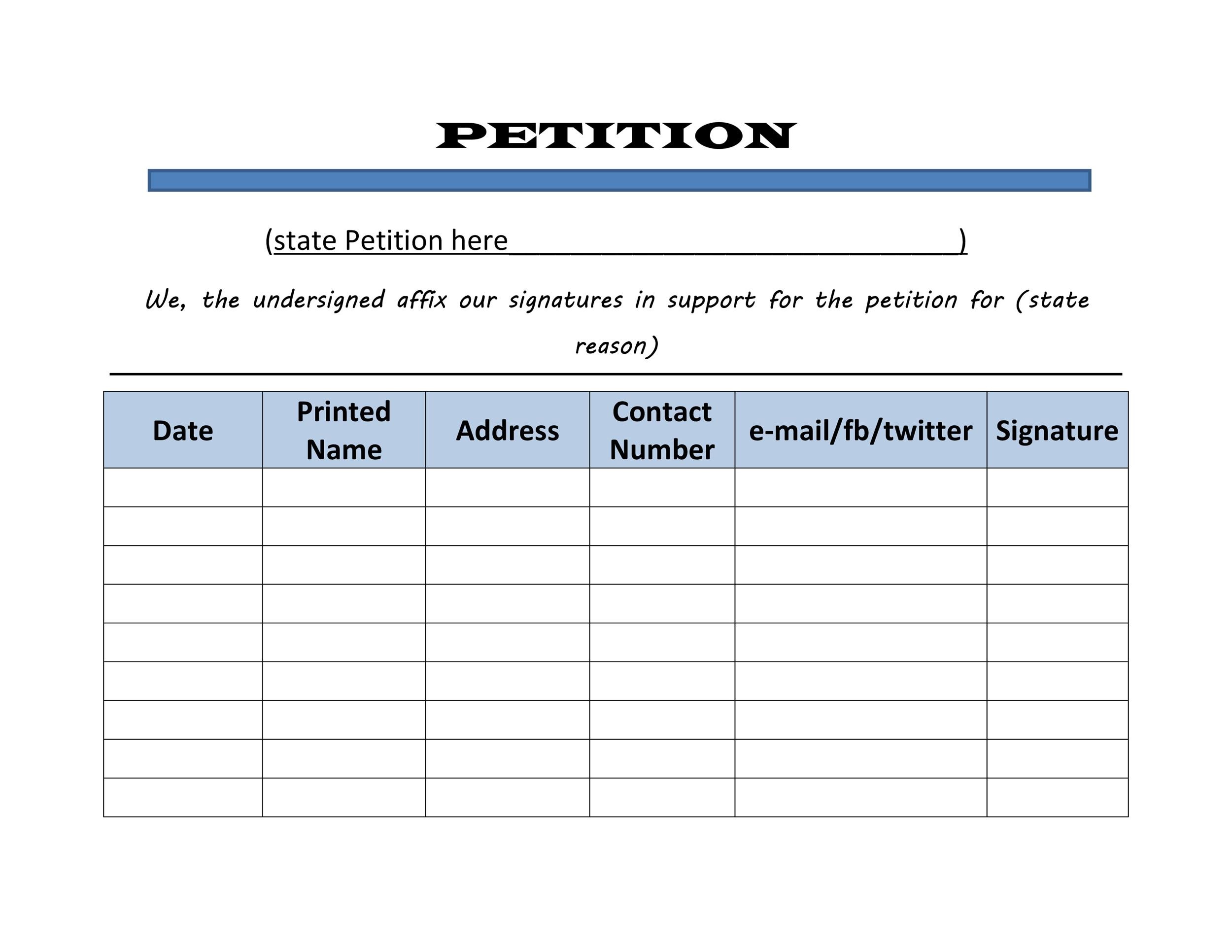In the realm of law and justice, there exists a powerful tool for individuals and entities seeking the return of specific items, or compensation for their loss or damage – the petition for return of articles. This legal instrument, deeply rooted in various legal systems around the world, serves as a means of redress for those who have been wronged or deprived of their rightful possessions. In this article, we will delve into the intricacies of this petition, exploring its significance, legal framework, and practical applications.
Understanding the Petition for Return of Articles
At its core, the petition for return of articles is a formal request submitted to a court or relevant authorities, seeking the return of specific items to their rightful owner or compensation for their loss or damage. This petition can arise in a myriad of contexts, ranging from commercial disputes to civil litigation and beyond. Whether it involves the recovery of stolen property, the enforcement of contractual obligations, or the resolution of a breach of trust, the petition for return of articles serves as a vital mechanism for upholding justice and restoring balance.
Legal Framework and Jurisdictional Variations
The legal framework governing the petition for return of articles varies from jurisdiction to jurisdiction, influenced by local laws, statutes, and precedents. In common law jurisdictions such as the United States and the United Kingdom, the petition may take the form of a civil complaint, filed in the appropriate court with jurisdiction over the matter. Conversely, in civil law jurisdictions like France and Germany, similar requests may be submitted through administrative channels or specialized tribunals.
Regardless of the procedural nuances, certain fundamental principles underpin the petition for return of articles across legal systems. These include the right to due process, the burden of proof, and the principles of equity and fairness. Moreover, the petition must typically demonstrate a valid legal basis for the relief sought, whether grounded in contractual rights, property law, or other relevant legal doctrines.
Practical Applications and Case Studies
To illustrate the practical applications of the petition for return of articles, let us consider a few hypothetical scenarios:
- Commercial Dispute Resolution: Imagine a scenario where Company A enters into a contract with Company B for the purchase of specialized machinery. However, upon delivery, Company A discovers that the machinery is defective and fails to meet the specifications outlined in the contract. In such a case, Company A may file a petition for return of articles, seeking either the repair or replacement of the machinery, or alternatively, compensation for its loss or damage.
- Theft and Property Recovery: Suppose an individual’s home is burglarized, and several valuable items, including jewelry and electronics, are stolen. In such a situation, the victim may file a petition for return of articles with the relevant law enforcement authorities, seeking the recovery of the stolen property and the apprehension of the perpetrator. This petition may also serve as the basis for a civil lawsuit against the thief to recover damages for the loss suffered.
- Trust and Fiduciary Duties: Consider a scenario where a trustee or executor of an estate misappropriates assets entrusted to their care, depriving the beneficiaries of their rightful inheritance. In such cases, the aggrieved parties may file a petition for return of articles, seeking an an accounting of the assets, restitution of misappropriated funds, and removal of the errant fiduciary.
Conclusion
In conclusion, the petition for return of articles stands as a cornerstone of legal remedies, offering recourse to those who have been wronged or deprived of their property rights. Whether in the realm of commercial transactions, property law, or fiduciary duties, this petition serves as a potent instrument for seeking justice and redressing grievances. As legal systems continue to evolve and adapt to the complexities of modern society, the petition for return of articles remains a steadfast beacon of hope for those in pursuit of fairness and equity.





